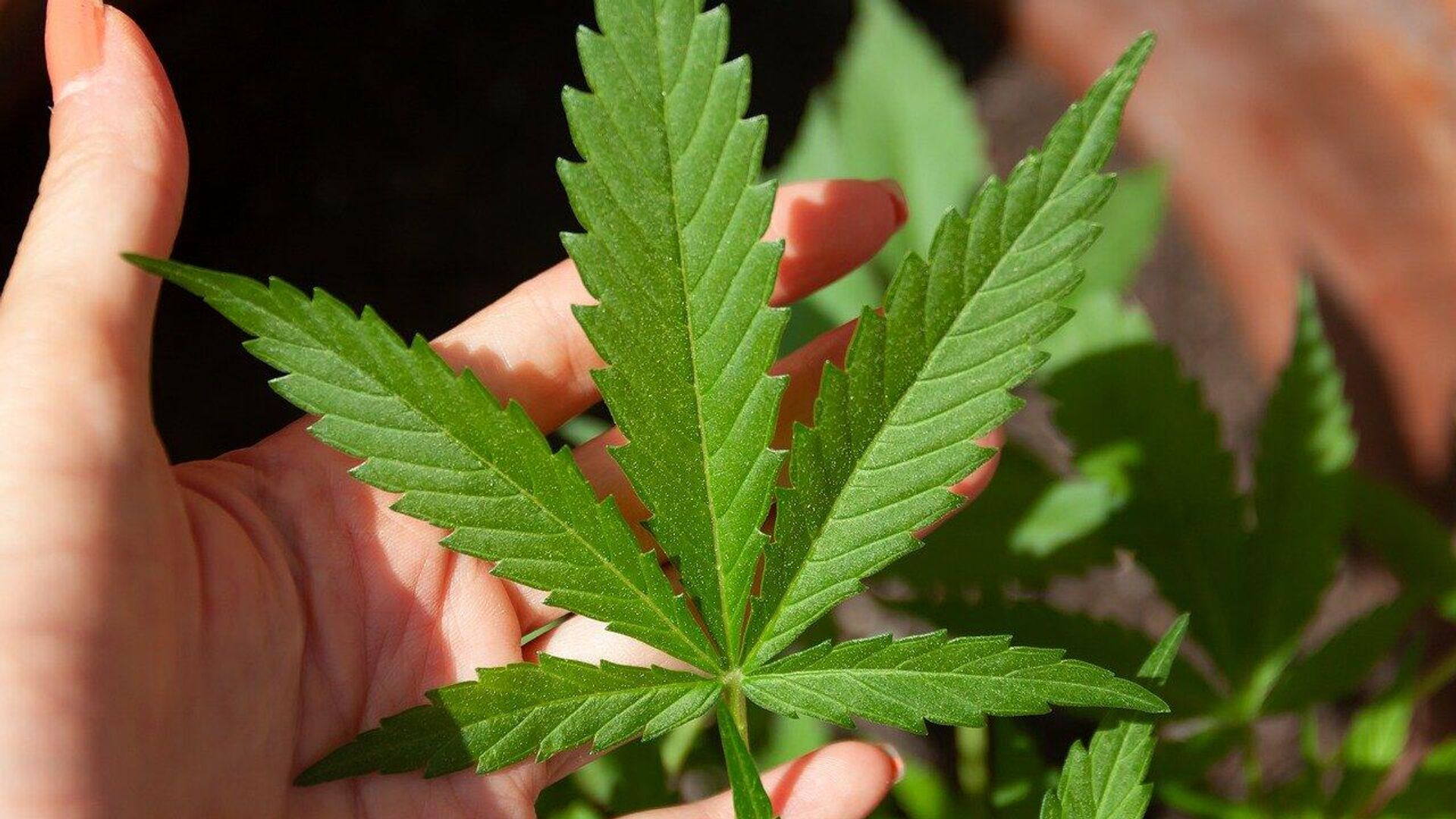Cannabis Linked to Depression, Anxiety, Increased Risk of Other Drug Use
08:22 GMT 12.05.2022 (Updated: 13:32 GMT 06.08.2022)

CC BY-SA 4.0 / Frank / Cannabis
Subscribe
Although more than 200 million people worldwide are estimated to use cannabis, its health benefits, risks and harmful effects remain widely contested, as are national legislations on its legality. In recent years, the West has moved to a less restrictive approach.
A recent study by Sweden's Karolinska Institutet (KI) has found that cannabis users have a greater risk than non-users of migrating to other drugs. They are also more prone to anxiety and depression, it found.
In her study, KI researcher Rynaz Rabiee investigated the relationship between cannabis and later drug addiction in 9,700 adults who have been studied for 16 years, and concluded that cannabis use is not an independent risk factor.
“Cannabis use could be linked to an increased risk of other drug use when followed up after three years,” Rabiee wrote.
The risk of other drug use was greatest among habitual cannabis users and was nearly 10 times higher than among those who never used it.
“Cannabis use could be linked to an increased risk of other drug use when followed up after three years,” Rabiee wrote.
The risk of other drug use was greatest among habitual cannabis users and was nearly 10 times higher than among those who never used it.
The study also looked at the relationship between cannabis use and anxiety and depression among 1,100 women born between 1955 and 1993.
“As cannabis gained in potency over the past 20 years, we wanted to investigate whether the connection was stronger among the women who had used cannabis during that time. It turned out that among the youngest age bracket, surveyed between the years 2000 and 2015, those who had used cannabis had more than twice as much risk of depression than those who hadn't. This connection became even clearer when we factored in the effect of the time frame of cannabis use,” Rabiee explained.
Rabiee also took a closer look at individuals with a cannabis-related diagnosis from the Swedish healthcare using data from the national registry. She found that cannabis-related diagnoses have increased in Sweden over time and it is the younger users who are responsible for the more than tenfold increase. Men from younger groups, with lower education and low income are diagnosed the most.
Cannabis is a psychoactive substance that affects brain function, human behaviour and consciousness. Its legality for medical and recreational use varies according to country, in terms of possession, distribution, and cultivation, and consumption. Several international conventions classify it as an addictive drug with a serious risk of abuse.
Although the use of cannabis for recreational purposes is prohibited and punished in most countries, many western nations have adopted a policy of decriminalisation to make simple possession a non-criminal offence (similar in severity to a minor traffic violation). Still, commercial sale of recreational cannabis is only legalised nationwide in two countries - Canada and Uruguay.
